Royal Jelly and Bee Pollen Decrease Bone Loss in Study
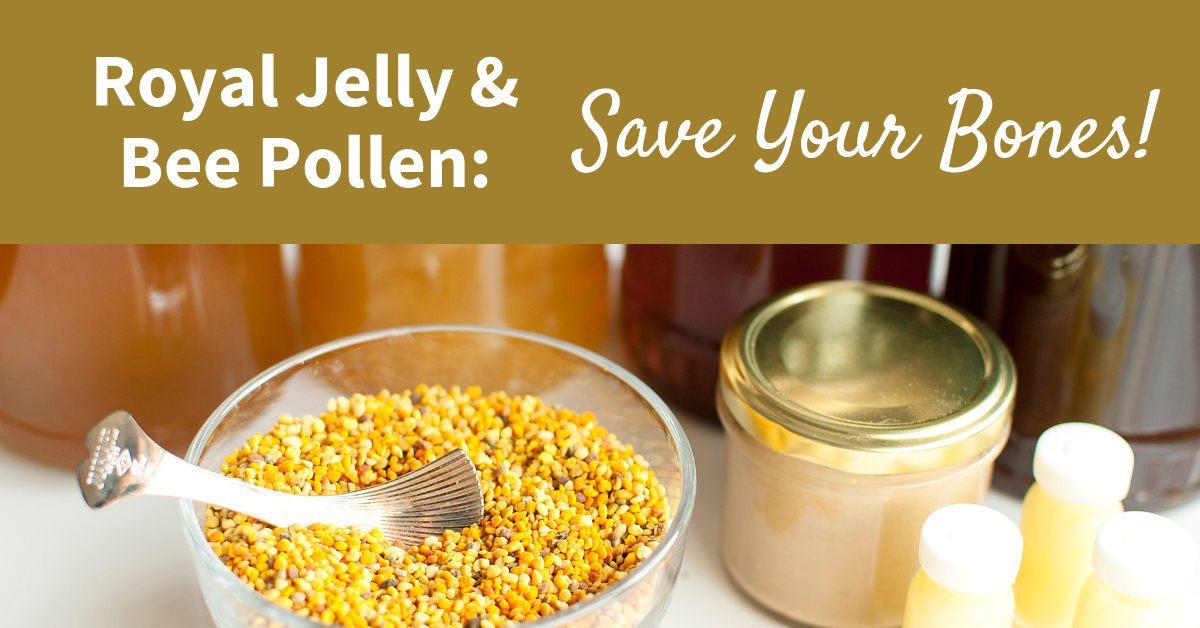
If you are concerned about losing bone mass as you age, new research suggests two ingredients from the hive can help put a halt to thinning bones
by Angela Van Alten, Nutritionist and Beekeeper's Daughter

Scientists recently set out to investigate whether royal jelly and bee pollen are able to reduce bone loss caused by osteoporosis.
In osteoporosis, the bone mineral density (BMD) is reduced, bone microarchitecture deteriorates and the amount and variety of proteins in bone are altered leading to a greater risk of fractures.
To test this theory, scientists fed 32 female rats either bee pollen or royal jelly. In both groups they initiated menopause by removing their ovaries. There was also a control group that was left alone.
What they found was that the lumbar spine and femur bone density results were significantly higher in the royal jelly and bee pollen groups as were the bone tissue calcium and phosphate levels.
So what does this mean?
It appears from this study that bee pollen and royal jelly don't build bone mass, but they do appear to help decrease the bone loss due to osteoporosis. Why that is needs to be studied further.
Royal Jelly Stimulates Bone Formation
A group of Japanese scientists hypothesized that Royal Jelly may have beneficial effects on osteoporosis.
After conducting a study on both rats and in a test tube, the doctors found that Royal Jelly may prevent osteoporosis by enhancing intestinal calcium absorption. Basically, it helps you absorb more dietary calcium into your system. Calcium is a tough mineral to absorb - much of it passes through your intestinal tract and ends up in the toilet. So if Royal Jelly can increase your ability to absorb calcium, this would make it an effective preventative aid for osteoporosis, according to the scientists.
In another study, a group of researchers in Japan fed Royal Jelly to mice for nine weeks and found that it not only increased the content of certain important bone building minerals and nutrients such as collagen in the rat's bones, but it also 'turned on' their bone building genes. In essence, the royal jelly told their bodies to 'build more bone.'
It makes a lot of sense to supplement with Royal Jelly along with your calcium and vitamin D if you are suffering from osteoporosis or have a history of it in your family. According to this study, royal jelly will enhance your body's ability to absorb the calcium and in turn deposit it in your bone structure.
Bone Building Nutrients That You Can Use
Consuming royal jelly and bee pollen just might be an important part of a bone loss prevention program along with the following bone building supplements that I recommend:
1. Calcium in the citrate-malate or bisglycinate form. We all know calcium helps build bone. For years it has been thought that calcium alone is enough to build or preserve bone. It is not.
2. Magnesium in the bisglycinate form. Studies show a direct link between higher Magnesium intake and higher bone density in older adults. Magnesium promotes alkalinity in the body, thereby decreasing the risk for urinary Calcium loss.
3. Vitamin D. A major influencer on Calcium status, Vitamin D3 increases absorption from the intestines and helps prevent Calcium loss through the kidneys. Population studies show dietary Vitamin D3, either from supplementation or sunlight exposure, increases protection against osteoporosis and fractures.
4. Vitamin K2 (menaquinone-7)
5. Silicon. Silicon is a trace mineral required by the body to make collagen. Specifically, silicon is converted into silicic acid that the body requires to manufacture collagen and elastin. Collagen is part of the matrix that ensures strong bones.
Bone Building Protocol
If you want to build bone safely, naturally and as quickly as possible OR hold on to your existing bone density, below is an aggressive bone building protocol that is guaranteed to work.
- Bee pollen granules: 1 - 2 tablespoons per day.
- Bone Booster: Take 1- 2 capsules daily. This product contains both Vitamin D and Vitamin K2.
- Collagen Plus: Mix 10 drops in a glass of juice once daily.
- Royal Jelly: 2000 - 3000 mg per day
- Magnesium Bisglycinate: 400 - 800 mg per day or to bowel tolerance.
Healthy Lifestyle = Healthy Bones
Supplements alone are not enough to keep and build healthy bones. A healthy lifestyle should be the foundation of this process. Perhaps most important in your lifestyle should be 'weight bearing exercise' at least 3 times per week. This doesn't necessarily mean hitting the gym to 'bulk up.' Weight bearing simply means 'to work against gravity.' This includes weight training but also body weight exercises, walking, hiking, jogging, and calisthenics. Avoid acidic foods like soda pop and consume large amounts of green vegetables daily and you'll be well on your way to building bone as you age.
References:
Royal Jelly and Bee Pollen Decrease Bone Loss Due to Osteoporosis in an Oophorectomized Rat Model, Eklem Hastalik Cerrahisi, 2012 Aug;23(2):100-5
|
|
|



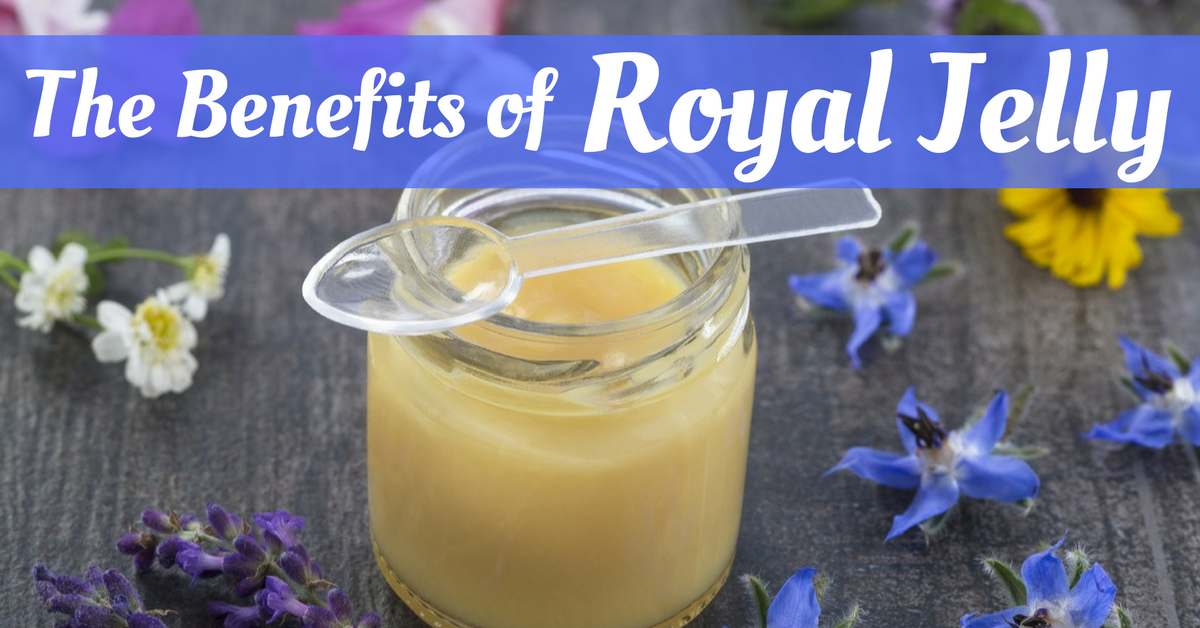
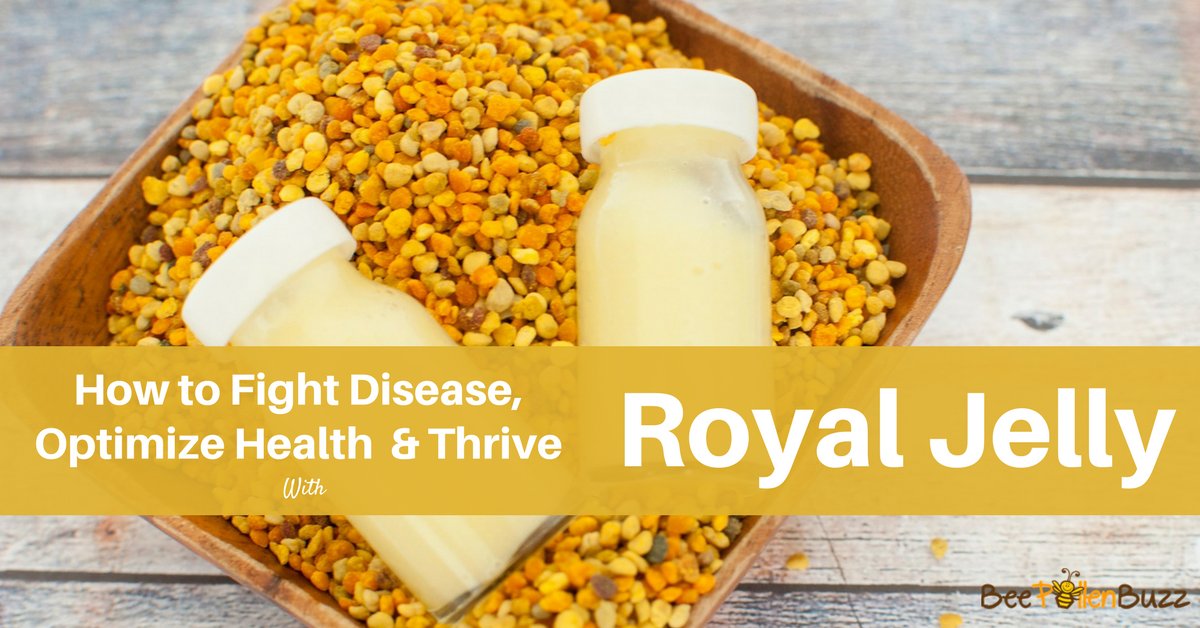
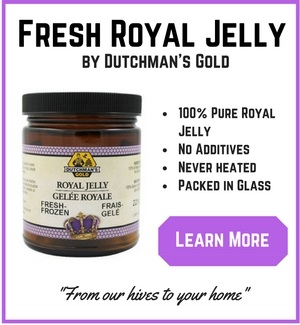
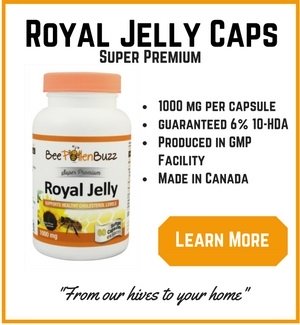
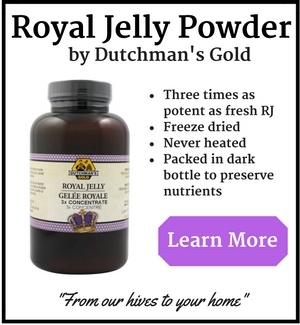






New! Comments
Do you have something to say about what you just read! Leave me a comment in the box below. I'd love to hear from you!